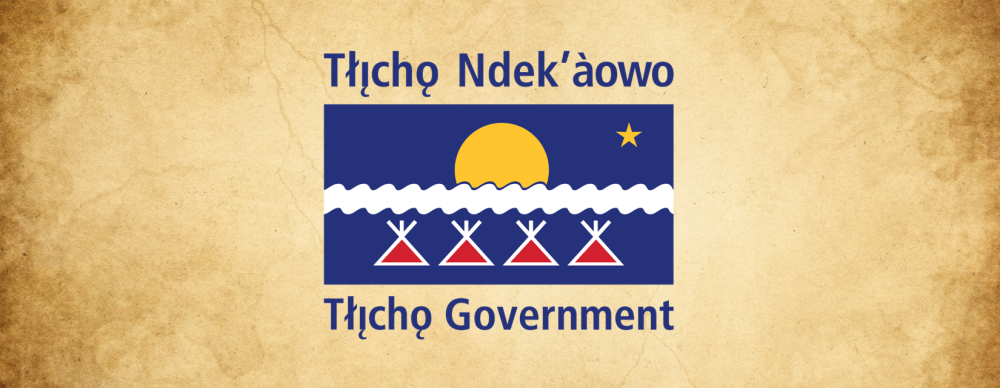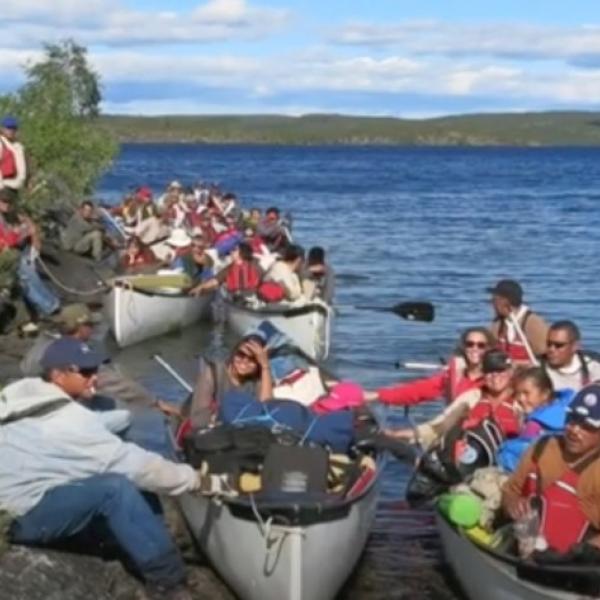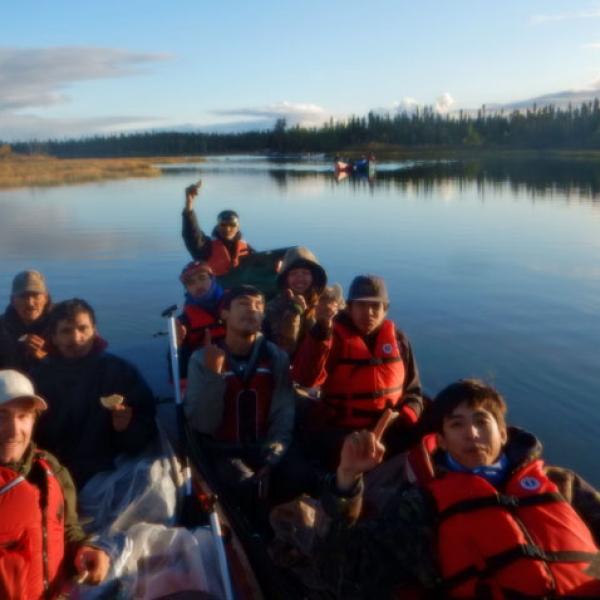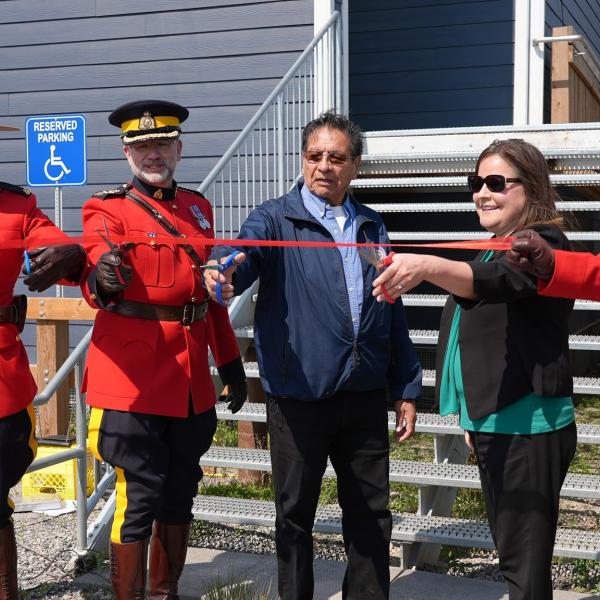NEWS RELEASE: YELLOWKNIFE (October 27, 2022) – The Government of the Northwest Territories (GNWT) released updated strategies guiding climate action in the Northwest Territories (NWT), including reports on its successes to date.
The strategies include the Climate Change Action Plan, the 2030 Energy Strategy and Action Plan, and the NWT Carbon Tax Initiative.
Broadly, this work seeks to address four priority areas for action:
- Ensure the territory is better adapted to respond to climate impacts.
- Reduce greenhouse gas emissions to work towards emissions targets.
- Work to incentivize climate-conscious approaches to life and business.
- Ensure that energy is secure, affordable, and sustainable.
The territories are experiencing climate warming faster than anywhere in Canada and the GNWT is taking real action to address climate change. This is work that no one organization can do alone; climate action needs partnerships. The GNWT works in collaboration with Indigenous governments and Indigenous organizations, the Government of Canada, community governments, Non-Government Organizations, industry, and many others to deliver on these initiatives.
View the full reports at the related links below.
Quote(s)
“Addressing climate change isn’t going to happen overnight, and we can’t do it alone. We are doing our part in the Northwest Territories. With dedicated action and partnership with Indigenous governments, Indigenous organizations, the non-profit sector, academia, industry, and many others, we are making real progress. Our government will continue to invest in climate action supporting northern solutions for more climate-resilient communities.”
-Shane Thompson, Minister of Environment and Natural Resources
“Finding innovative energy solutions that help us reduce our carbon footprint and provide residents with secure, affordable and sustainable energy is critical to our low-carbon future. The 2030 Energy Strategy is our roadmap to achieving this goal. We have made significant progress to date, and the GNWT remains committed to finding energy solutions that take action on climate change alongside Indigenous governments and the Government of Canada.”
-Diane Archie, Minister of Infrastructure
“Our made-in-the-NWT solution for carbon pricing is made up of balanced measures that meet our carbon pricing commitments to address climate change, while minimizing impacts on cost of living and economic opportunities in the territory. The GNWT is committed to moving towards a low-carbon future that will stabilize energy costs for all residents.”
-Caroline Wawzonek, Minister of Finance
Quick facts
- $72 million has been invested in achieving progress towards the Climate Change Action Plan and Energy Action Plan.
- Lowest GHG emissions on record through 2020 – the most recent year for which data is available across Canada — improving emissions by approximately 200,000 metric tons of Co2 equivalent over 2019, and 19% from 2005 levels.
- The average surface temperature in the Northwest Territories has risen by about 2 degrees since the 1940s, more than twice the worldwide average increase.
- Since 1957, Inuvik’s average air temperature (our northernmost region), has warmed by 4.4°C (annual average air temperature) while Hay River’s average air temperature (in the southern part of the territory) has warmed by 2.7 °C.
- Actions and initiatives conducted under the 2030 Energy Strategy reduced NWT emissions by 12.8 kilotonnes CO2 equivalent in 2021-2022. Projects currently in development are anticipated to reduce 47.3 kilotonnes of GHG emissions by 2025.
- The GNWT’s Capital Asset Retrofit Fund has reduced GHG emissions by 16.2 kt and resulted in over $4.1million in costs savings since 2007-2008. Most of the reductions and costs savings come from switching to biomass for space heating.
Related links
- Climate Change Action Plan Summary Report – 2021-2022
- Energy Initiatives Annual Report – 2021-2022
- NWT Carbon Tax Annual Report – 2021-2022
- Arctic Energy Alliance Annual Report – 2021-2022
- 2030 NWT Climate Change Strategic Framework
For media requests, please contact:
Jessica Davey-Quantick
Communications Specialist
Department of Environment and Natural Resources
Government of the Northwest Territories







